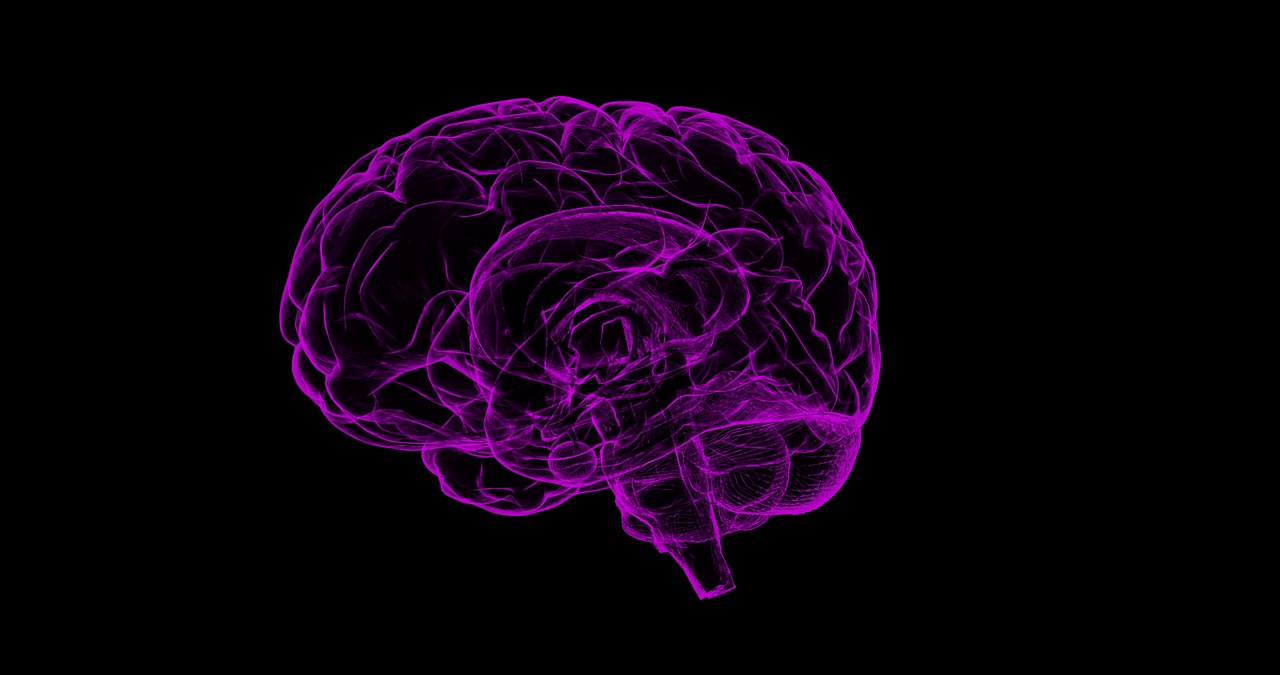Min-Ho Kim, Ph.D., associate professor of Biological Sciences, and Woo-Yang Kim, Ph.D., associate professor of Biological Sciences, have been awarded an NIH grant, a $1,876,627 five-year grant from the NIH’s National Institute on Aging, for their research in “Magnetothermal brain stimulation towards the rescue of beta-amyloid pathology”.
Min-Ho Kim and Woo-Yang Kim will be working with Woo-Shik Shin, Ph.D., assistant professor of Pharmaceutical Sciences, NEOMED, to create an interdisciplinary approach to their research. This will combine the fields of nanomedicine, neuroscience, and computational modeling for drug discovery, associated respectfully with Min-Ho Kim, Woo-Yang Kim, and Woo-Shik Shin.
This research will be focusing on the feasibility of magnetothermal brain stimulation in the treatment of Alzheimer’s disease. Currently, most of the research on treating Alzheimer’s disease focuses on a pharmacological approach to decrease production of amyloids, a characteristic associated with the disease. This research would potentially provide grounds for a minimally invasive, non-pharmacological treatment approach.
“We propose to tackle this issue by applying a minimally invasive non-pharmacological strategy that stimulates brain with high frequency electromagnetic field combined with magnetic nanoparticles. The principal of this approach is to translate the energy of electromagnetic field into mild thermal energy using magnetic nanoparticles as a transducer. The thermal energy can impose a thermo-mechanical effect on amyloid plaques and trigger biological signal on brain cells towards the clearance of amyloid plaques with higher target specificity,” explained Min-Ho Kim and Woo-Yang Kim.

This research will be using a transgenic mouse model of Alzheimer’s disease to test the efficacy of this treatment method. While this research is the first step to a potential treatment of the disease, the grant will also allow for the expanding Min-Ho Kim’s research on the pathology of chronic wounds to neurological diseases and Woo-Yang Kim’s research in identifying molecules and actions that support nerve cell survival.
“The focus of this NIH-funded project is limited to understanding the feasibility of magnetothermal brain stimulation at the stage of basic science. There are still a lot of things that we need to understand to develop this approach as a potential therapy for AD treatment. In the long-term, I hope that the outcome of this research to be a steppingstone to future clinical translation for treating AD patients,” explained Min-Ho Kim.
Min-Ho Kim and Woo-Yang Kim would also like to mention that “the preliminary data used for the proposal for this grant was obtained by funding support from Brain Health Research Institute (BHRI) pilot grant and we would like to thank BHRI for the generous support.”

